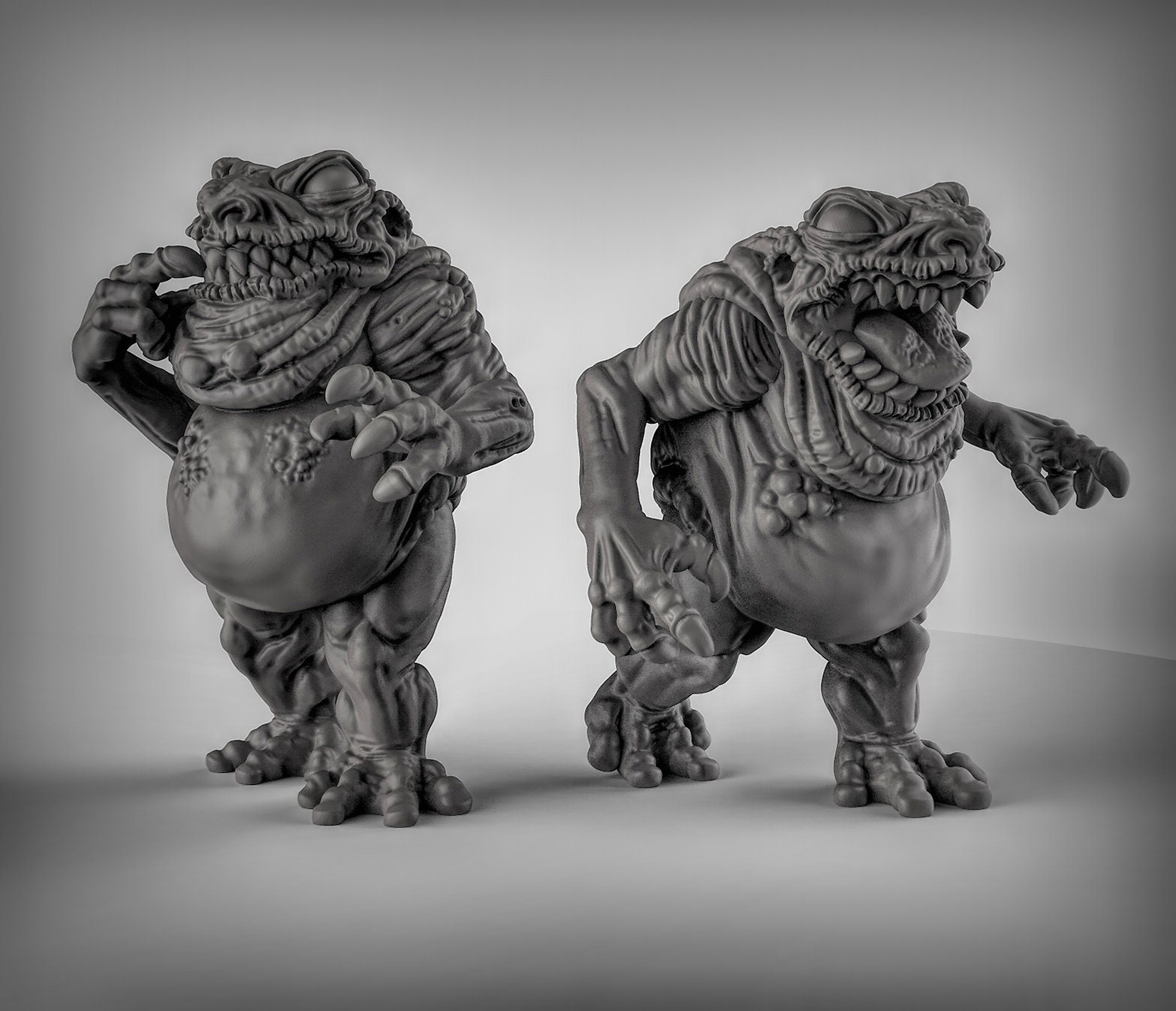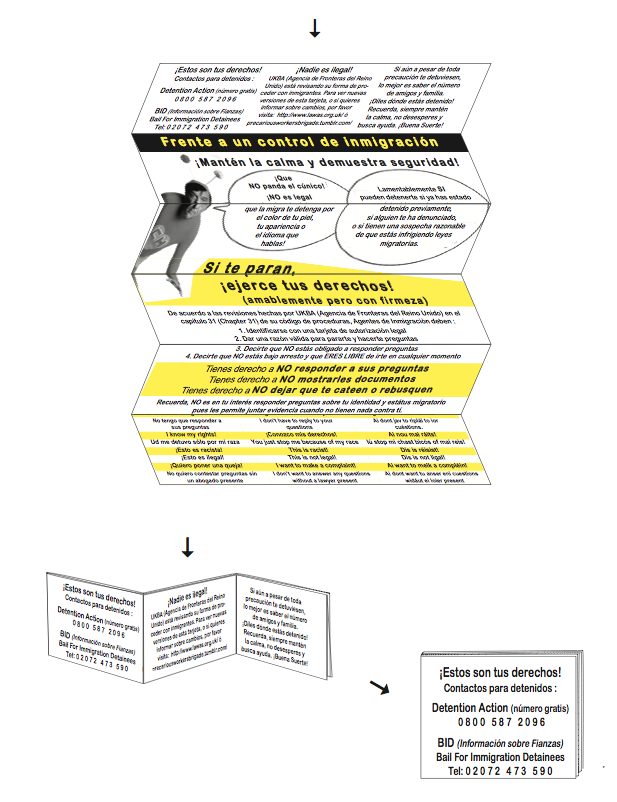
And we shouldn’t be too hard on the prince and his followers for retreating there. After all, it’s both removed from the rest of society and well-fortified. I suppose it makes sense to want to wait out the Red Death in a place like an abbey. How about those rooms? Actually, how about the building those rooms are in, first? I’ve been calling it a castle, but it isn’t, is it? It’s “castellated,” which is to say, castle-like, but it’s an abbey, a monastery.

In fact, in a weird sort of way, this is the story of the incarnation of one of the persons of this awful trinity.Īll right, moving on, now. Not only the prince’s castle, not only the world of the story, but all, you and me. And this godhead holds dominion, what the dictionary defines as “sovereign authority” over all. Darkness, Decay, (the Red) Death: the sentence personifies them they’re its trinity, its unholy trinity, so to speak. Can you take that a step farther? What kind of proper nouns does it make them? What’s happened to the Red Death in the story? It’s gone from an infection you can’t see to a tall figure wandering around the party. Yes? Well.okay, sure it makes them into proper nouns. Anyone want to take a stab at why they’re capitalized? The first three are easy to recognize: they’re capitalized, as well. They also draw our attention to four words in particular. They thread through the line, help tie it together. We’ve mentioned already, there are a lot of “d” sounds in these thirteen words. I know you want to talk about Prospero’s castle, all those colored rooms. One more observation about the sentence, then I promise it’s on to the story itself. The sentence does what the story does, carries you along through the revelry until you run smack-dab into that tall figure in the funeral clothes. Wait, just let me-no, all right, what was it you wanted to say?Įxactly, yes, you took the words out of my mouth. All the momentum goes out of your reading there’s just enough time for the final pair of words, which are short, which is good, and you’re done. Twenty-two syllables that break almost perfectly in half, ten and twelve, “And Darkness and Decay and the Red Death” and “held illimitable dominion over all.” A group of short words, one and two syllables each, takes you through the first part of the sentence, then they give way to these long, almost luxurious words, “illimitable dominion.” The rhythm-you see how complex it is? You ride along on these short words, bouncing up and down, alliterating from one “d” to the next, and suddenly you’re mired in those Latinate polysyllables. The two kinds of masque converge.īack to that sentence, though.

Remember that tall, silent figure at the end. Later on, there’s dialogue and other additions, but I think it’s this older sense of the word the story intends. You do that, and you dance, and there’s your show.

Pantomime? Right-think “mime.” The idea is to perform without words, gesturally, to let the movements of your body tell the story. It’s the entertainment of the elite, and originally, it’s a combination of pantomime and dance. The masque does begin in the sixteenth century. Yes? Good, okay, “masquerade” is one sense of the word, a ball whose guests attend in costume. If you didn’t, you looked it up in your dictionaries, because that’s what you do in a senior seminar. Of course, you all know what a masque is. Yes, it’s about a masque, but it is a masque, too.

Who says Edgar Allan Poe was a lousy stylist? Thirteen words-good number for a horror story, right? Although it’s not so much a story as a masque. The inspiration, “The Masque of the Red Death”, was read on PodCastle and can be found hereĬome on, say it out loud with me: “And Darkness and Decay and the Red Death held illimitable dominion over all.” Look at that sentence.


 0 kommentar(er)
0 kommentar(er)
